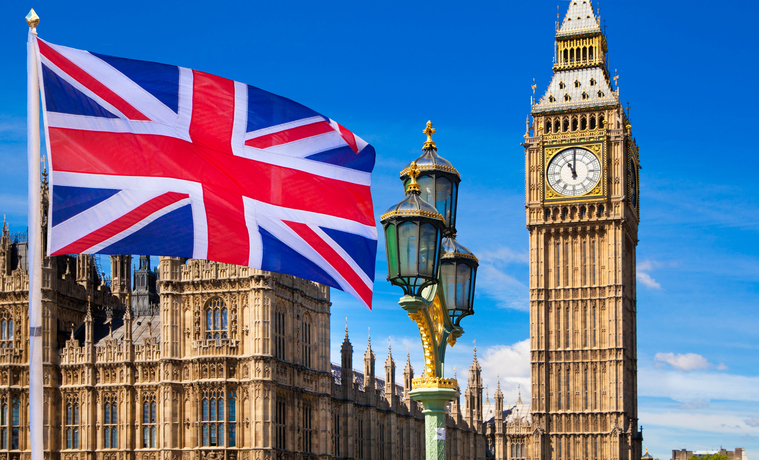Britain must prioritise the needs of the travel and tourism sector as part of its Brexit negotiations or risk losing out on predicted growth in the sector that could create new jobs, an industry association said today.
Travel and tourism‘s contribution to Britain’s gross domestic product grew by 6.2 percent in 2017, far faster than the overall economy at 1.5 percent, figures from the World Travel & Tourism Council showed.
While a weaker pound currency has helped to lure overseas visitors and encouraged Britons to holiday at home, the WTTC said Britain must retain access to the single European aviation market in order to ensure continued growth.
“The connectivity is essential. We need to make sure the travel and tourism industry is not impacted by Brexit,” WTTC President and CEO Gloria Guevara told Reuters.
Britain is due to leave the EU on March 29, 2019.
The WTTC predicts tourism could create around 400,000 new jobs in Britain over the next 10 years.
“We need to make sure that Britain has the workforce which is sufficient in skills and numbers to support travel and tourism growth. If that is not considered in Brexit negotiaions, Britain won’t be able to maximise the opportunity in terms of growth,” Guevara said.
Unlike other sectors such as manufacturing, tourism is not losing as many jobs to automation, plus it offers people the chance to start at an entry-level job and work up to management, she said.
“Travel and tourism cannot be outsourced. That’s why our sector provides an opportunity to create more jobs. You can’t outsource the experience of Oxford to China, for example,” Guevara said.
Globally, the travel and tourism sector grew 4.6 percent in 2017 and one in every five new jobs created worldwide last year was attributable to tourism, the new WTTC figures showed.







